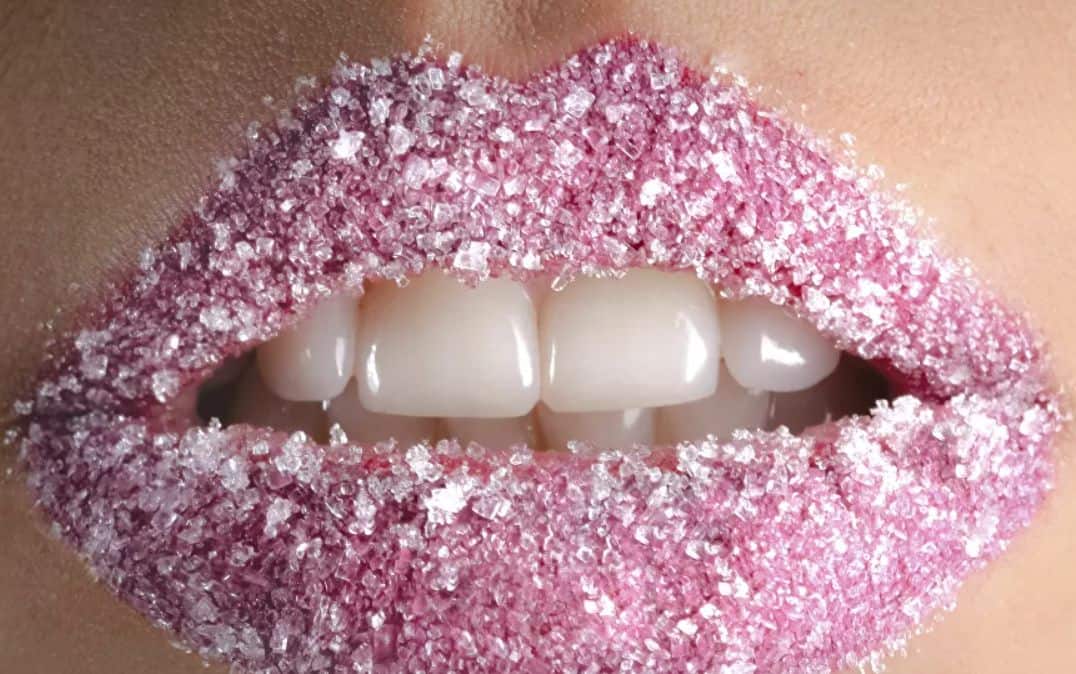In 2020 science has not stopped investigating ways to prevent, treat and cure COVID-19. Now, an unexpected preventive resource has emerged among the topics studied and generated a lot of curiosity: the use of mouthwash. But is it really effective?
The SARS-CoV-2 virus, responsible for the COVID-19 pandemic, is known to spread more easily through the mucosa of the eyes, nose, and mouth. For this reason, the care of these potential infection doors has been emphasized, for example through the use of face masks and frequent and efficient hand washing ( which move these mucous membranes from one surface to another without us noticing).
At the end of June, researchers from the Etiology and Treatment Group of Periodontal and Perimplant Diseases of the Complutense University of Madrid developed an analysis of the bibliographic review of scientific articles focused on coronavirus, COVID-19 disease, oral cavity and antimicrobial agents to gain more knowledge on the subject.
Entitled Is the oral cavity relevant in SARS-CoV-2 pandemic? The study reached a conclusive conclusion and that is the use of oral antiseptics can “reduce the severity of COVID-19 and the risk of transmission by lowering the viral load in the mouth in infected individuals,” the text indicates.
For its part, Cardiff University, UK, published research looking at the properties of different types of mouthwash and suggested considering testing them to see if they actually have an effect on the coronavirus.
The study explains that the SARS-CoV-2 virus is enveloped in an external lipid membrane and that some components of certain mouthwashes – such as ethanol, chlorhexidine, cetylpyridinium chloride, hydrogen peroxide, and povidone-iodine – alter this membrane, it can weaken the virus.
“Here, we review known mechanisms of viral lipid membrane disruption by widely available dental mouthwash components that include ethanol, chlorhexidine, cetylpyridinium chloride, hydrogen peroxide, and povidone-iodine. We also assess existing formulations for their potential ability to disrupt the SARS-CoV-2 lipid envelope, based on their concentrations of these agents, and conclude that several deserve clinical evaluation. We highlight that already published research on other enveloped viruses, including coronaviruses, directly supports the idea that oral rinsing should be considered as a potential way to reduce transmission of SARS-CoV-2” they argue.
Prevention and immunity: not the same
Although it remains to study the specific benefits that certain oral antiseptics can have compared to COVID-19, this does not mean that their use is virus-proof. In fact, experts have emphasized not to confuse its benefits with false immunity.
In a document prepared by Harvard University, in the United States, in which several ‘myths’ about the prevention of the coronavirus appear, this point is mentioned. “Myth 2: Regularly gargling with saltwater or saline can help prevent infection with the new coronavirus, as well as drinking water to “flush” the virus from your mouth – False” it can be read.
The explanation is compelling: “There is no evidence that regularly gargling has protected people from infection with the new coronavirus. While this may help soothe a sore throat, this practice will not prevent the virus from entering your lungs—neither will drinking frequent sips of water.”
Also in Tenerife, Canary Islands, oral health professionals warned through a statement that not any mouthwash is effective to prevent the spread of the virus.
“In recent days, several reports have emerged about studies that suggest that mouthwashes could be useful in preventing the spread of COVID-19. However, this can lead to the error of thinking that any mouthwash would serve this purpose” reads the statement.
In addition, they clarify that the use of certain mouthwashes could be harmful to the health of certain people, so they recommend that the patient consult his trusted dentist about what kind of solution to use.
